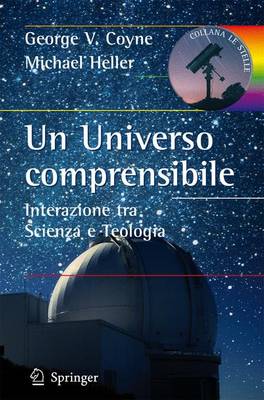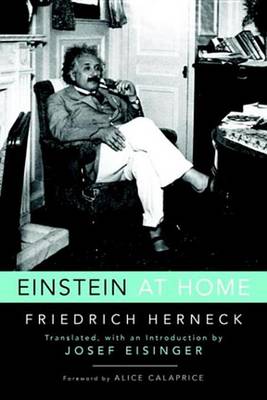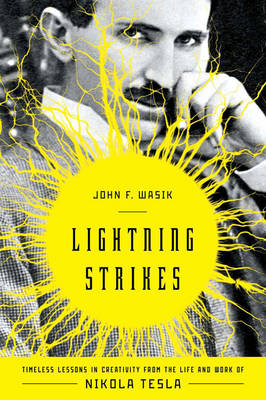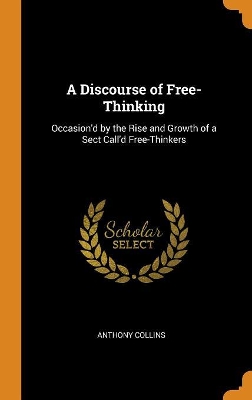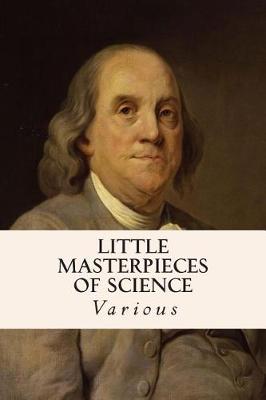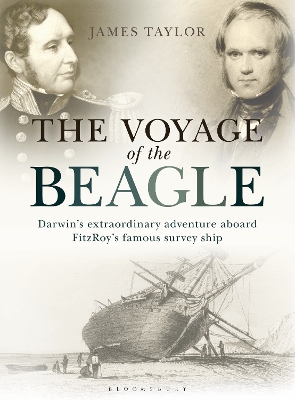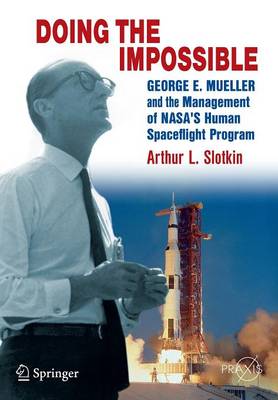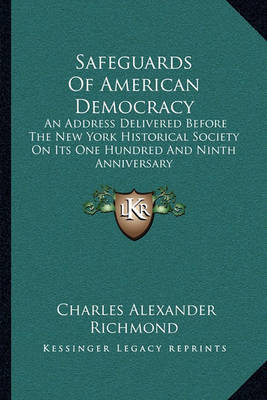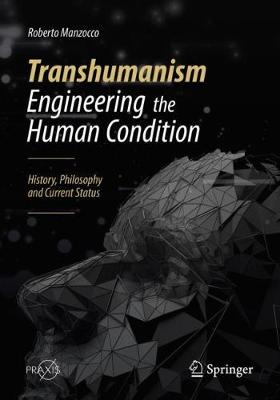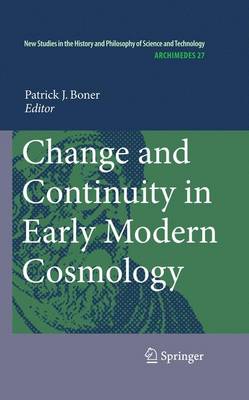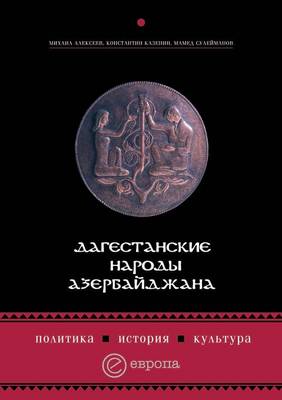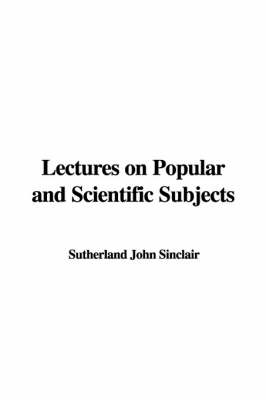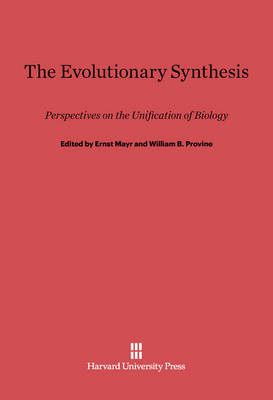Emergence of Science in Western Europe
These intimate, candid descriptions of the private life of Albert Einstein come from a series of interviews with Herta Waldow, a housekeeper who lived with Einstein and his wife and daughter from 1927 to 1933 at their residence in Berlin. After World War II, science historian Friedrich Herneck interviewed Ms. Waldow and published the conversations in the former East Germany. Unavailable in English till now, these five interviews offer fascinating glimpses into the great scientist's daily routine...
This book examines Tesla's complete life and legacy, including his astonishing 700 patents and the long-secret papers he kept at his side when he died. Engineers, entrepreneurs and academics will find it invaluable not only for the never-before-published interviews and archives, but also for the creative principles that visionaries like Larry Page and Elon Musk have used to build iconic brands and ground-breaking inventions. The book also reveals why the government and business leaders wanted to...
The bicentennial of the birth of Charles Darwin and the 150th anniversary of his ground-breaking publication On the Origin of Species will be celebrated throughout the world in 2009 with major exhibitions and a major motion picture about his life. Author James Taylor commemorates the anniversaries with a book that takes the title of one of Darwin's great works to present an updated and comprehensively illustrated version of the travels of the Beagle. He includes a full history of the storied ves...
Doing the Impossible (Springer Praxis Books) (Space Exploration)
by Arthur L. Slotkin
Apollo was known for its engineering triumphs, but its success also came from a disciplined management style. This excellent account of one of the most important personalities in early American human spaceflight history describes for the first time how George E. Mueller, the system manager of the human spaceflight program of the 1960s, applied the SPO methodology and other special considerations such as “all-up”testing, resulting in the success of the Apollo Program. Wernher von Braun and others...
This study draws on both the history and philosophy of science in discussing the inter-relationship of religion and science. The central feature of this book is a series of case studies (on Galileo, Darwin and Hawking), which Phil Dowe describes and analyzes philosophically to show relations between religion and science. The book is distinctive in taking a philosophical approach and should be of interest to anyone studying the philosophy of religion. The main three philosophers covered are Galil...
Transhumanism - Engineering the Human Condition (Popular Science)
by Roberto Manzocco
This book is designed to offer a comprehensive high-level introduction to transhumanism, an international political and cultural movement that aims to produce a "paradigm shift" in our ethical and political understanding of human evolution. Transhumanist thinkers want the human species to take the course of evolution into its own hands, using advanced technologies currently under development - such as robotics, artificial intelligence, biotechnology, cognitive neurosciences, and nanotechnology -...
Во что населению Саратовской губернии обх
by П.А. Слепцов
Viewed as a flashpoint of the Scientific Revolution, early modern astronomy witnessed a virtual explosion of ideas about the nature and structure of the world. This study explores these theories in a variety of intellectual settings, challenging our view of modern science as a straightforward successor to Aristotelian natural philosophy. It shows how astronomers dealt with celestial novelties by deploying old ideas in new ways and identifying more subtle notions of cosmic rationality. Beginning...
Colonialism and Science: Saint Domingue and the Old Regime
by James E. McClellan, III
The sounds comprising music were selected by hearing. If we survey what was selected from the beginning to make simple western music, and how it developed, it raises a series of questions about intervals and scales, the tone of instruments, pitch, loudness and time, the answers to which must lie in the nature of our hearing mechanism. Not least, this review throws doubt on the role normally attributed to harmonics. A simplified account of how musical sounds are coded by the ear, and of the proce...
Дагестанские народы Азербайджана
by К. Казенин, М. Алексеев, and М. Сулейманов
Lectures on Popular and Scientific Subjects
by John Sutherland Sinclair
The Evolutionary Synthesis
Biology was forged into a single, coherent science only within living memory. In this volume the thinkers responsible for the "modern synthesis" of evolutionary biology and genetics come together to analyze that remarkable event. In a new Preface, Ernst Mayr calls attention to the fact that scientists in different biological disciplines differed considerably in their degree of acceptance of Darwin's theories. Mayr shows us that these differences were played out in four separate periods between 1...

